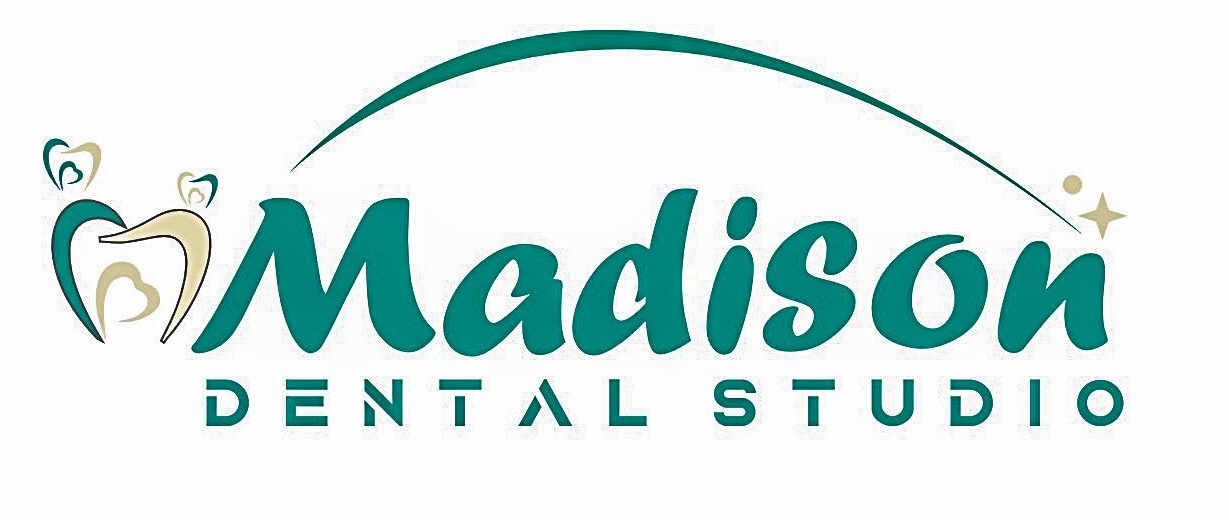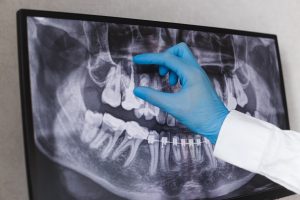Root Canal Therapy
What is root canal treatment?
Root canal treatment, also known as endodontic treatment, is the process of removing infected, injured or dead pulp from your tooth. The space inside the hard layers of each tooth is called the root canal system. This system is filled with soft dental pulp made up of nerves and blood vessels that help your tooth grow and develop.
A healthy tooth. |
When bacteria (germs) enter your tooth through deep cavities, cracks or flawed fillings, your tooth can become abscessed. An abscessed tooth is a tooth with an infection in the pulp. If pulp becomes infected, it needs to be removed. An abscessed tooth may cause pain and/or swelling. Your dentist may notice the infection from a dental x-ray or from other changes with the tooth. If left untreated, an abscessed tooth can cause serious oral health problems.
An abscessed tooth. |


